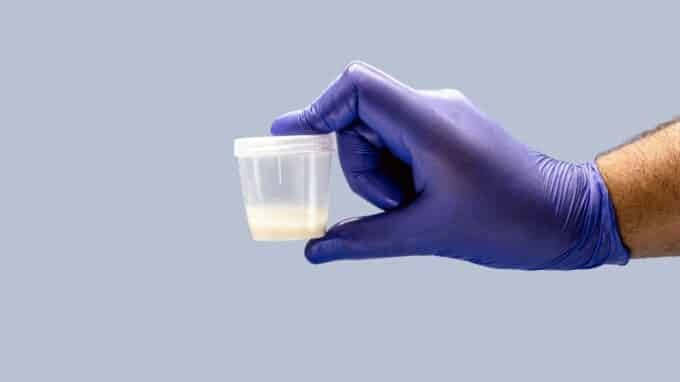You may have heard of the gut microbiome and its influence on a person’s overall health and well-being. It turns out the same could be true for the sperm microbiome. According to researchers at UCLA’s Department of Urology, the seminal microbiota could play a crucial role in influencing sperm parameters and improving male fertility.
Certain Microorganism May Affect Male Fertility
Taking into account recent studies highlighting the importance of the microbiome to overall human health, the researchers investigated the semen microbiome to understand its potential impact on male fertility. The study found that one microorganism in particular, Lactobacillus iners, could have a direct negative impact on male fertility. Researchers found that men with more of these microbes were more likely to have problems with sperm motility. Previous research has shown that Lactobacillus iners can preferentially produce L-lactic acid, which may lead to a localized pro-inflammatory environment that could negatively impact sperm motility.
Complex Relationship Between Seminal Microbiome and Fertility
The authors of the study point out that previous research suggests a link between this microbiome and fertility, but most of the literature relates to the vaginal microbiome and female factors.
This is the first study to show a negative association between the microbiome and male fertility. The researchers also discovered that three types of bacteria from the Pseudomonas group were present in men with both normal and abnormal sperm concentrations. The microbes Pseudomonas fluorescens and Pseudomonas stutzeri were more common in patients with abnormal sperm concentrations, while Pseudomonas putida was less common in samples with abnormal sperm concentrations.
However, the results suggest that not every member of the same closely related group can affect fertility in the same positive or negative way. In other words, even closely related microbes do not always have the same direct relationship with fertility. According to the experts, these results provide valuable insights that could lead to a deeper understanding of this relationship. This research is consistent with findings from smaller studies and will pave the way for future, more comprehensive investigations to unravel the complex relationship between the semen microbiome and fertility.





